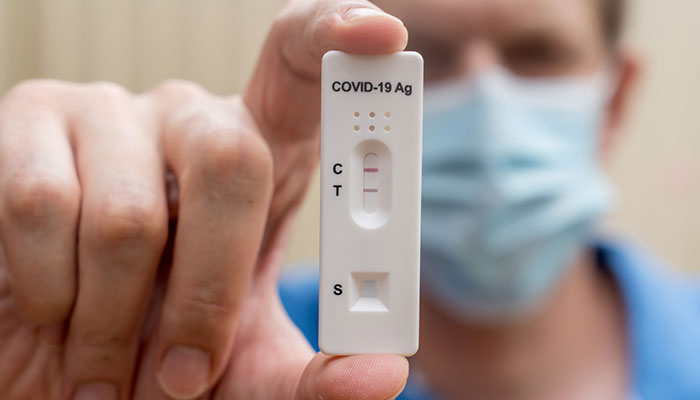Many assume that, like crows’ feet, memory decline is inevitable as we get older; we’ve probably misplaced keys, forgotten someone’s name or a phone number and, while we don’t pay much attention to these lapses when we’re younger, as we grow older we can really worry about what they mean.

Use it or lose it: Learning something difficult such as a new instrument can have real impact when it comes to delaying memory loss.
But while it’s true that certain brain changes are inevitable when it comes to ageing, major memory problems are not one of them.
There is a lot of evidence that suggests older adults are still able to generate as many new brain cells as younger adults; my own PhD research showed older rats were still able to generate brain cells and more recently, a study published in Columbia University’s prestigious Cell Stem Cell journal, titled Human Hippocampal Neurogensis Persists Throughout Ageing, found that healthy older adults are able to make thousands of new cells and remain more cognitively and emotionally intact than we commonly believe.
The volume of the hippocampus (the brain structure that people use for memory and learning) remains the same across the ages, the researchers found, which is good news because it shows we can keep making memories, and we can keep these memories no matter our age.
Just like the muscle strength of the body, you have to use it or lose it – which can also help to prevent or delay the onset of dementia.
Sufferers of dementia – for which we haven’t found a cause or a cure – often show a decrease in brain volume; their memory loss is severe and has an impact on their life.
With normal memory loss, you may struggle with your short-term memory capacity – for instance if I gave you a task to recall 10 words, you may not be able to recall even five of them a few minutes later; you may have difficulty recalling general knowledge straight away, such as names of people and places; and it can take you longer to do sums.
- What you eat can reduce your risk of Alzheimer's
- It's official: being kind makes you healthy and happy
Because you don’t use your brain over time in those areas, it loses its ability to perform well – but even age-related memory decline is not inevitable because you can train your brain; you can train it when you’re younger and keep it going, or you can even train it in your old age.
Crosswords, jigsaws and word puzzles are good, and there’s a whole suite of cognitive training programs out there you could try. Learning something a bit more difficult that you haven’t done before – like a new instrument, language or dance – has even more of a cognitive impact.
Just like the muscle strength of the body, you have to use it or lose it – which can also help to prevent or delay the onset of dementia.

Good news: research shows healthy eating - like this dish from brain boosting recipe book Recipes For Life by Maggie Beer and Professor Ralph Martins, can reduce your risk of Alzheimer's disease.
There are seven core areas to focus on to improve our brain health:
- Challenge your brain; any activity that involves thinking and learning can help protect against age-related memory decline.
- Be socially active – have regular enjoyable interactions with friends, family and other people.
- Avoid excessive alcohol consumption, which can damage your brain. There is some preliminary research suggesting that drinking in moderation might decrease the risk of dementia compared to not drinking at all.
- Have a nutritious diet full of variety, including fruits and vegetables and foods rich in Omega-3 fats, while avoiding saturated fats.
- Stay physically active – the national guidelines recommend at least 30 minutes a day of moderate intensity exercise to achieve health benefits. Keep in mind it does not have to be 30 minutes all at once – it could be broken into three lots of 10 minutes: washing the car, gardening, taking the stairs instead of the lift; just anything that gets your heart rate up.
- Look after your heart – have regular check-ups to monitor your blood pressure, weight, cholesterol, blood sugar levels etc.
- Protect your head, because severe head injury that causes a long period of unconsciousness is a very big risk factor for the development of dementia.
Dr Joyce Siette is a Research Fellow at the Australian Insititute of Health Innovation



